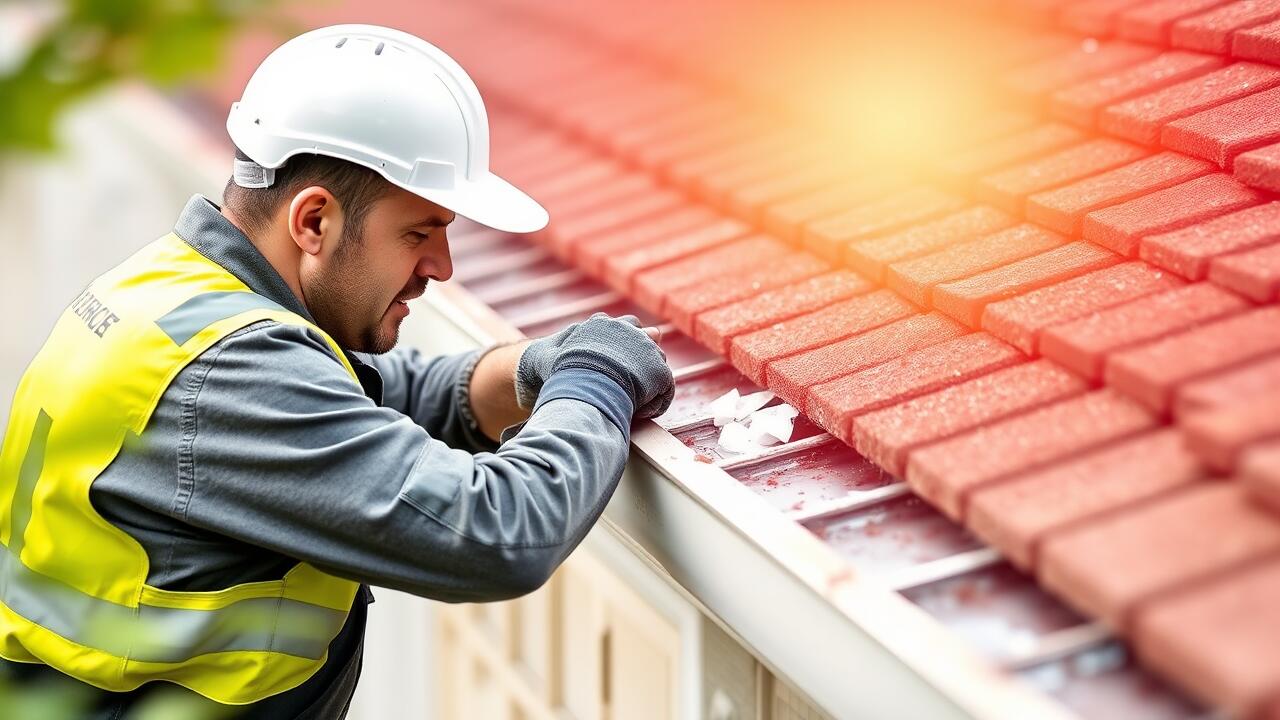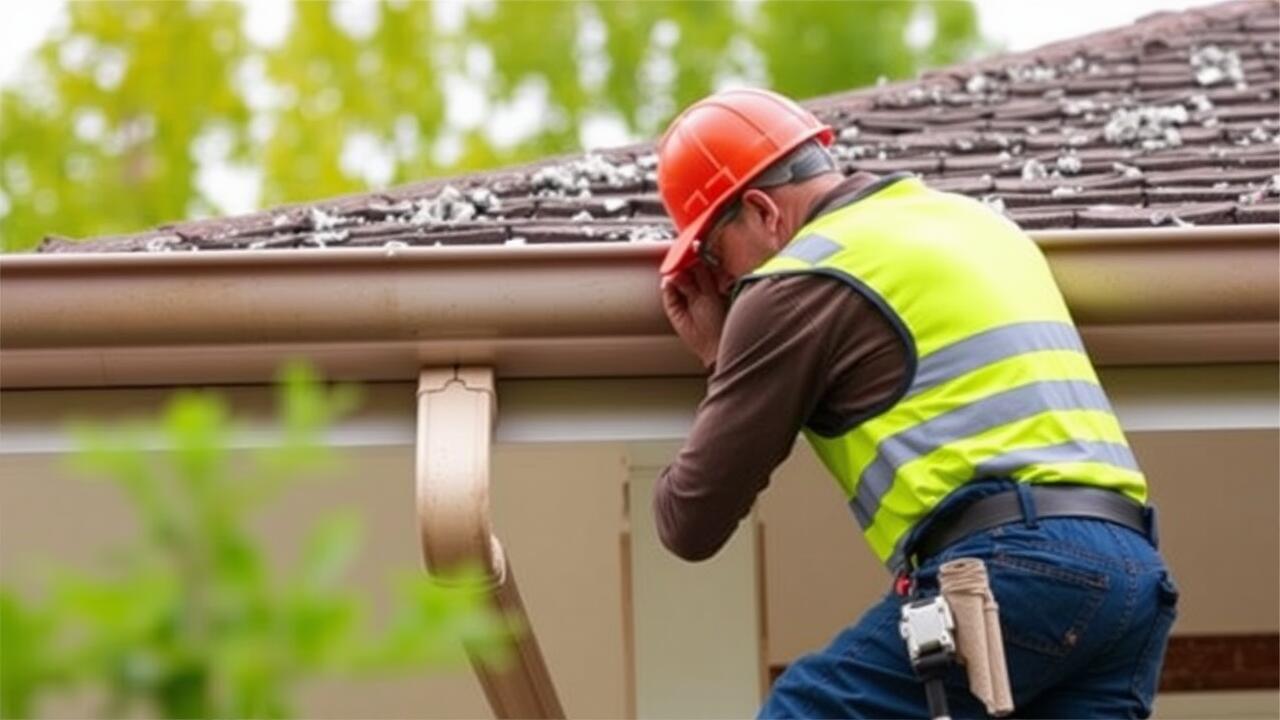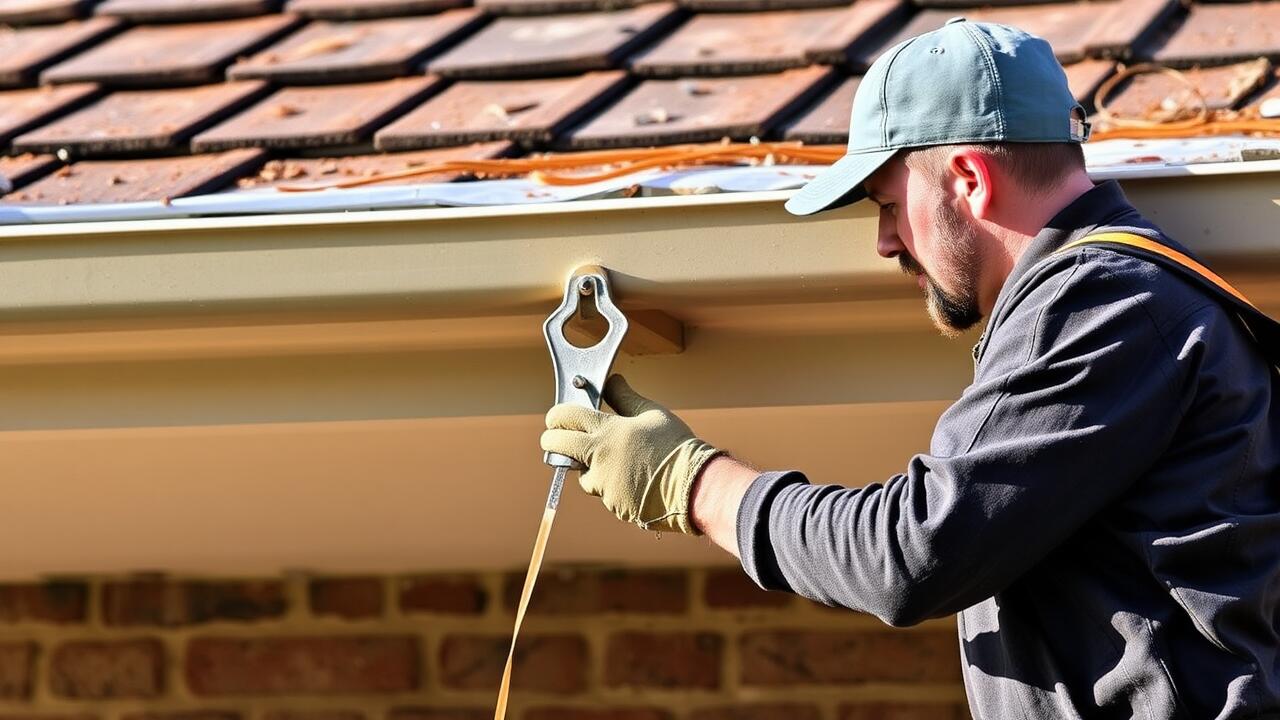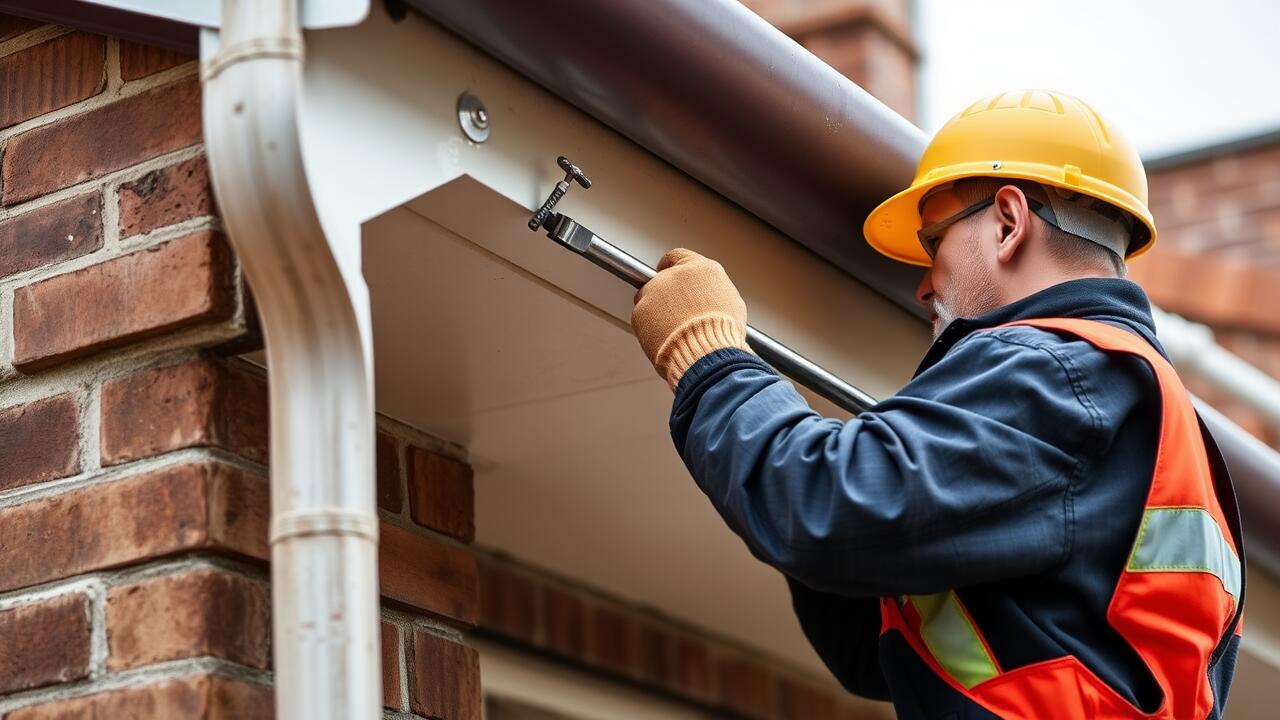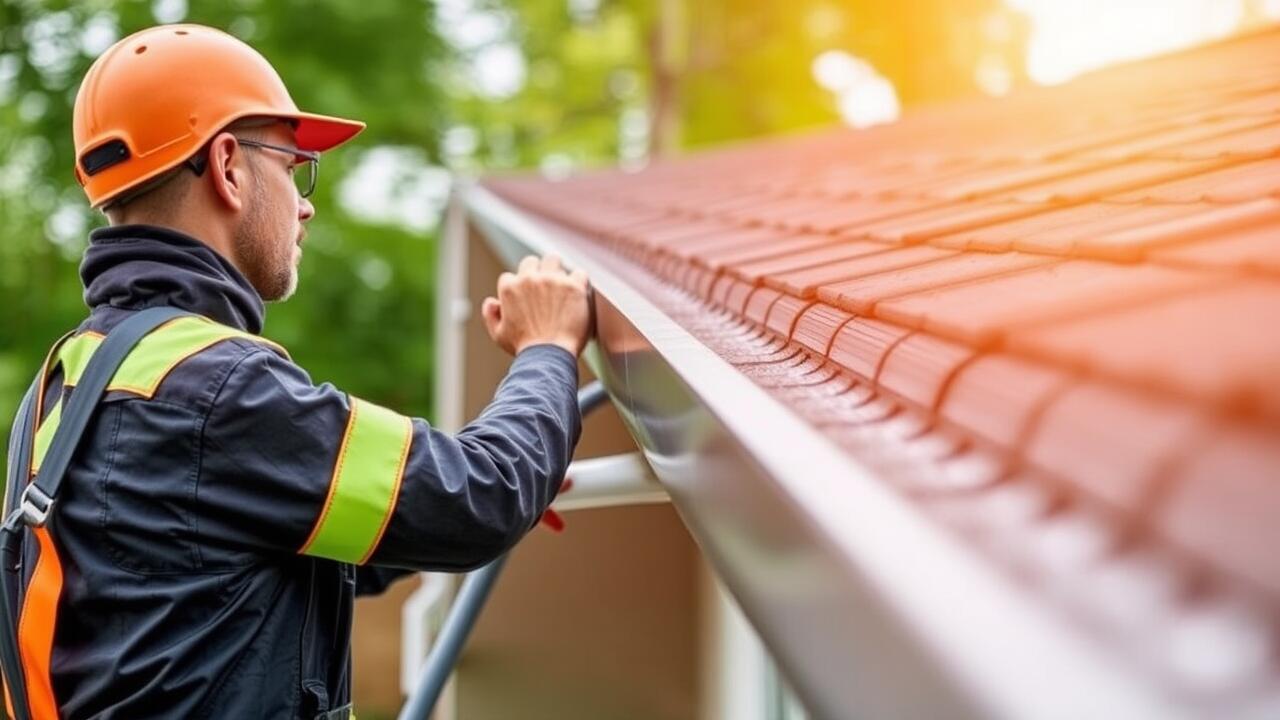
When to Replace Your Gutters
Gutters play a crucial role in directing rainwater away from your home. Over time, wear and tear can lead to issues that compromise their effectiveness. Frequent leaks, cracks, or large sections sagging away from the roofline are clear signs of significant damage. If these problems persist despite regular maintenance or minor repairs, it may be time to consider a full replacement rather than continue to patch up the existing system. Gutter Repair in Ballard, Seattle, can prolong the life of your gutters, but sometimes replacement is the more viable option.
Another important factor to consider is the age of your gutters. Most gutter systems are designed to last for about 20 to 30 years, depending on the materials used. If your gutters are approaching or have surpassed this lifespan, even minor issues could indicate that they are no longer functioning as intended. Additionally, outdated styles may not effectively handle heavy rain. In these cases, investing in new gutters can be a more strategic choice, ensuring your home remains protected from water damage.
Recognizing Irreparable Damage
Often, homeowners may find themselves contemplating whether to repair or replace their gutters. Recognizing irreparable damage is crucial in making this decision. Signs such as extensive rusting, deep cracks, or sagging sections are indicators that repair may no longer be a viable option. In certain cases, if the gutters have begun to pull away from the house significantly, it might suggest that the mounting brackets are failing. Damaged or malfunctioning gutters can lead to water pooling around the foundation, potentially causing severe long-term issues.
Additionally, frequent leaks or holes can compromise the efficacy of gutters. If repairs become a recurring task, it indicates that the structure is failing and may not serve its purpose effectively. Homeowners in need of Gutter Repair in Ballard, Seattle should consider the ongoing costs of patching up persistent problems versus investing in a new system. Beyond aesthetics, the functional integrity of gutters plays a critical role in protecting the home from water damage.
Comparing Costs
When considering the financial aspects of gutter maintenance, it's essential to weigh the costs of repair versus replacement. Gutter repairs can often be more cost-effective in the short term, especially if the damage is localized and manageable. Hiring a professional for projects like Gutter Repair in Ballard, Seattle may lead to expenses that are significantly lower than those associated with a full replacement. However, small repairs can accumulate over time if the gutters are older or experiencing frequent issues.
On the other hand, replacing gutters entails higher initial costs but may provide long-term savings. New gutters can improve efficiency and reduce the need for constant maintenance. Additionally, advanced materials might offer better durability and performance. Homeowners should assess their specific situation, including the age and condition of their current gutters, to determine if a replacement could ultimately be a more financially sound investment.
Evaluating Financial Implications
When evaluating the financial implications of gutter repair versus replacement, homeowners should assess the extent of the damage. Minor issues, such as small leaks or sagging sections, often warrant a repair, which can be a cost-effective solution. Hiring a local service for Gutter Repair in Ballard, Seattle, can help lower costs. Conversely, if gutters are showing signs of significant wear, such as rust or extensive damage, replacing them may be necessary to avoid recurring expenses.
Another factor to consider is the longevity of repairs compared to the price of new gutters. Repairs can sometimes lead to temporary fixes that may require future maintenance, which can add up over time. Investing in new gutters, while initially more expensive, can provide long-term savings and peace of mind, especially with options that offer warranties. Weighing these financial considerations becomes crucial in making an informed decision.
Types of Gutters and Their Lifespan
Different types of gutters have varying lifespans, influenced by the materials used in their construction. Aluminum gutters are popular due to their lightweight nature and resistance to rust, typically lasting 20 to 30 years with proper maintenance. Vinyl gutters are another common choice, offering affordability and ease of installation. However, they usually have a shorter lifespan of around 10 to 20 years, especially in environments with extreme temperatures. Copper gutters, while more expensive, can last over 50 years due to their durability and natural resistance to corrosion.
Understanding the longevity of each gutter type informs homeowners when to consider maintenance or replacement. Regular inspections can reveal issues early, allowing for timely gutter repair in Ballard, Seattle, which can extend the life of the system. Homeowners should weigh the costs of upkeep against the investment in new materials, ensuring the choice aligns with their budget and the local climate conditions.
How Material Affects Longevity
The material of gutters significantly influences their durability and overall lifespan. Aluminum gutters tend to resist rust and corrosion, making them a popular choice for many homeowners. They typically last between 20 to 30 years with proper maintenance. Vinyl gutters, on the other hand, are lightweight and resistant to rust but can become brittle over time, especially in regions with extreme temperature fluctuations. These generally last around 15 to 25 years, depending on the climate.
Copper gutters provide an aesthetic appeal and exceptional longevity, often exceeding 50 years. Their resistance to corrosion makes them a long-term investment, although they come at a higher initial cost. Homeowners considering Gutter Repair in Ballard, Seattle, should evaluate the material of their current gutters to determine if repairs align with the expected lifespan, or if a full replacement would ultimately be more beneficial. Understanding the longevity of different materials can guide homeowners in making informed decisions about their gutter systems.
FAQS
How can I tell if my gutters need to be replaced?
Signs that your gutters may need to be replaced include significant rust or corrosion, cracks, sagging sections, and water damage around your home’s foundation.
Are there specific materials that last longer for gutters?
Yes, materials like copper and stainless steel tend to have longer lifespans compared to aluminum or vinyl, which may require replacement sooner.
What factors should I consider when deciding between repair and replacement?
Consider the extent of the damage, the age of your gutters, the overall cost of repair versus replacement, and the potential long-term benefits of installing new gutters.
How much does it typically cost to repair or replace gutters?
Repair costs can range from $150 to $500 depending on the damage, while replacement costs may range from $1,000 to $3,000, depending on the materials and the size of your home.
Can I repair my gutters myself, or should I hire a professional?
Small repairs, like sealing leaks or replacing minor sections, can often be done yourself. However, for larger issues or for a complete replacement, hiring a professional is usually recommended to ensure proper installation and safety.
